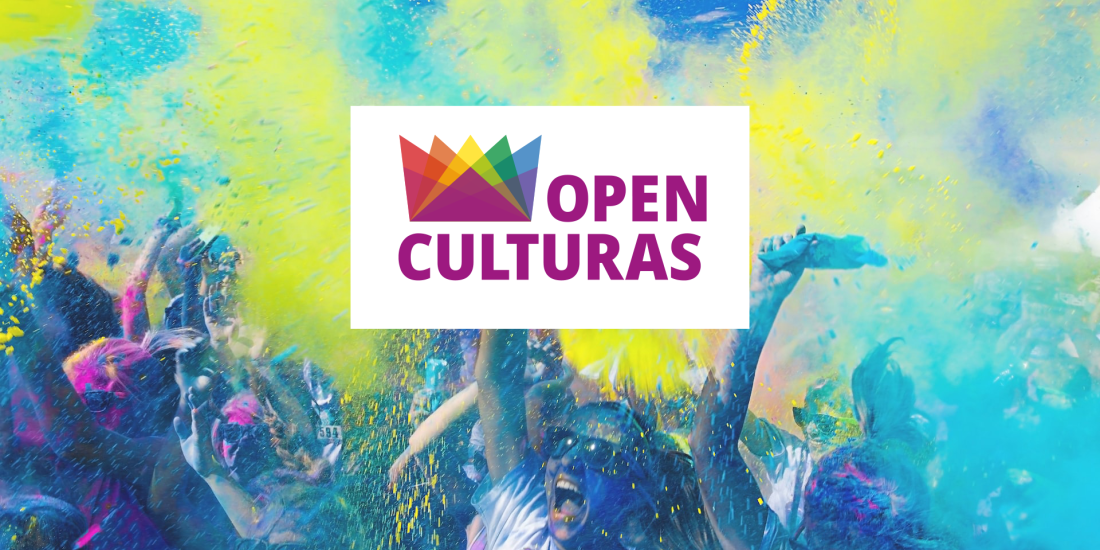This website uses the free, open-source software OpenCulturas. It was developed by cultural institutions and cultural professionals in order to create the widest possible range of cultural platforms.
Who is behind OpenCulturas?
The driving organisations that contributed significantly to the conception, financing and implementation are
The Landschaftsverband Südniedersachsen, which was the first to publish a cultural platform for southern Lower Saxony with version 1.0: kulturis. The development was funded as a model project as part of the Heimat 2.0 Programm von Region Gestalten.
- CoWAIN – Company Without An Interersting Name as a developing agency with a significant share of in-house work; the open source world knows it as Contributions
- The Landeszentrum für Freies Theater Sachsen-Anhalt (LanZe), has published a state platform for independent theatre: THEATRIS, funded by the state of Saxony-Anhalt, the Federal Government Commissioner for Culture and the Media, Neustart Kultur, Kulturstiftung der Länder and Kultur.Gemeinschaften
- CMS Garden, a non-profit organisation for community outreach of the most active Open-Source-Content-Management-Communities
What is OpenCulturas all about?
The basis is Drupal, an established free open source software that is perfect for creating your own data structures. Structured data is in turn important for the exchange of dates between different platforms, for example. OpenCulturas was created using existing standards for such exchange formats.
The open source licence explicitly permits the free and unrestricted use, investigation and further development of the software. Further developments should in turn be published under the same licence, preferably on the platform on which the official further development is based.
- For those interested: the official website for the software
- For developers: The OpenCulturas project page on Drupal.org, alternatively on GitHub
Together we can achieve more
We know what it's like: the cultural sector is always tight. We believe that it makes sense to join forces and develop our software together, based on the feedback and wishes of our users. It makes much more sense than having lots of people develop the same thing with funding that is acquired again and again. That's why we regularly exchange ideas in joint online meetings and also invite other cultural institutions to join us.
